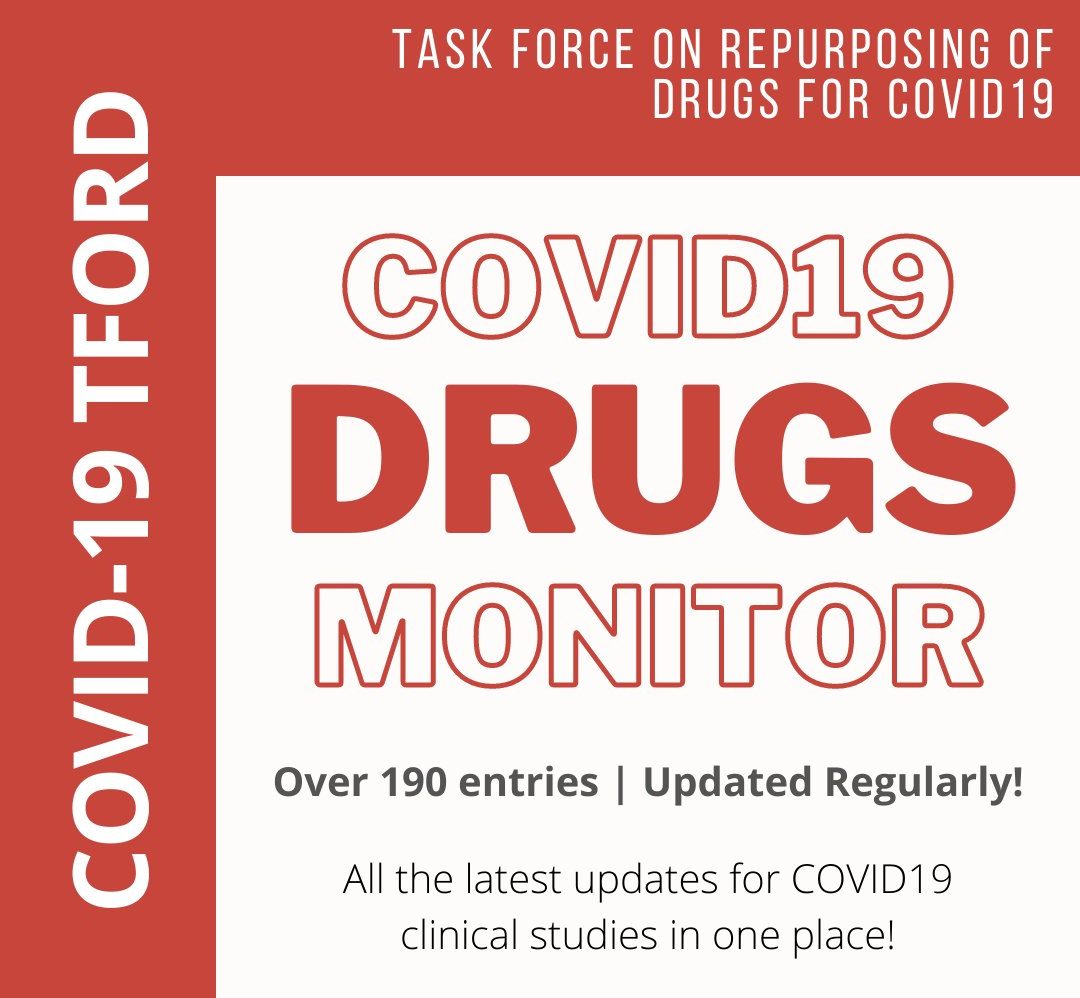(14 May 2021) Interferon alpha 2b- associated with improved clinical outcomes in patients
Interferon-alpha-2b Aerosol Inhalation is Associated with Improved Clinical Outcomes in Patients with Coronavirus Disease-2019
https://doi.org/10.1111/bcp.14898
A total of 1401 patients were enrolled, 852 (60.8%) patients received 5,000,000 U of IFN-alpha-2b via aerosol inhalation twice daily. The primary outcome was a composite measure consisting of mechanical ventilation, intensive care unit (ICU) admission, and death. A subgroup analysis was performed to investigate the impact of the IFN-alpha-2b initiation schedule on symptom onset. The risk probability for crude endpoints was lower in the IFN-alpha-2b group (3.8%) than in the non-IFN-alpha-2b group (9.3%, p < 0.001). After adjusting the confounding factors, IFN-alpha-2b therapy achieved a reduction of 64% in occurrence of endpoint events (hazard ratio, 0.36; 95% confidence interval (CI), 0.21 to 0.62). In the subgroup analysis, compared with patients who received IFN-alpha-2b treatment 0-2 days after the symptom onset, the hazard ratio for endpoints was 2.2 (95% CI, 0.43 to 11.13) in patients who received the therapy 3-5 days after the symptom onset, 5.89 (95% CI, 0.99 to 35.05) in patients who received the therapy 6-8 days after the symptom onset, and remained at a high level thereafter. IFN-alpha-2b aerosol inhalation therapy may be associated with improved clinical outcomes in patients with COVID-19, and delayed IFN-alpha-2b intervention was associated with increased probabilities of risk events.
